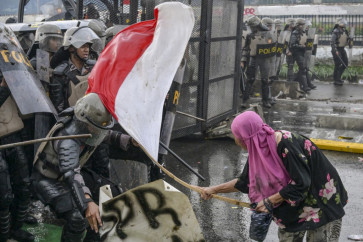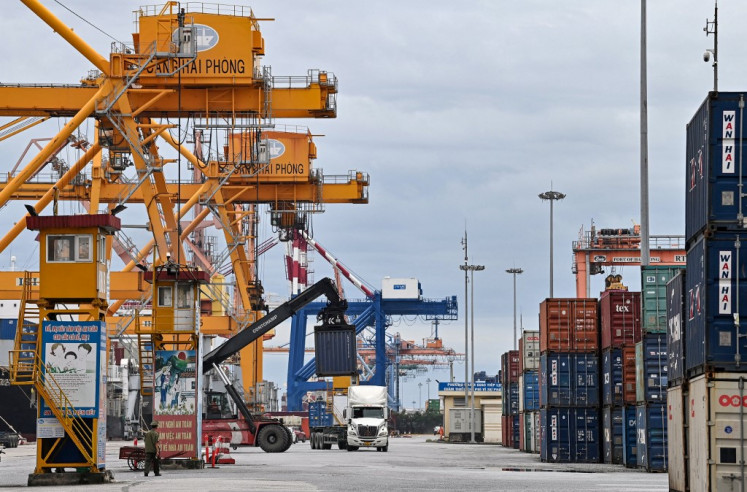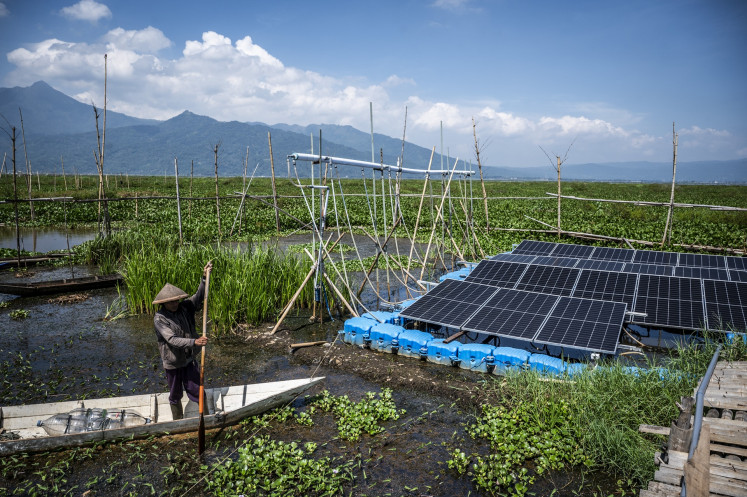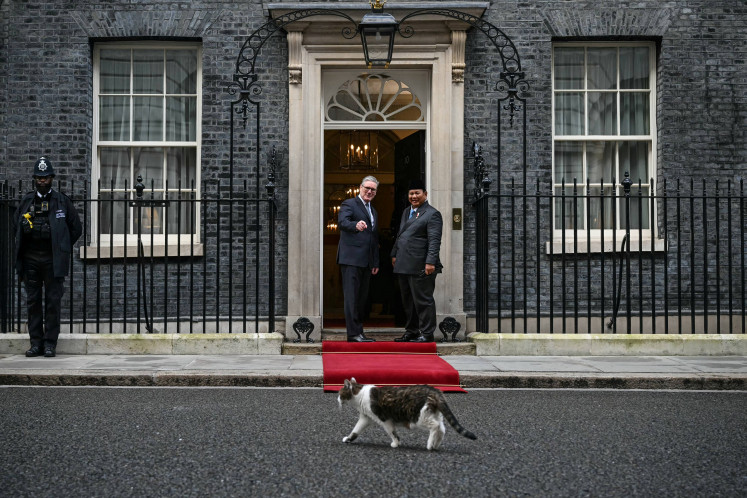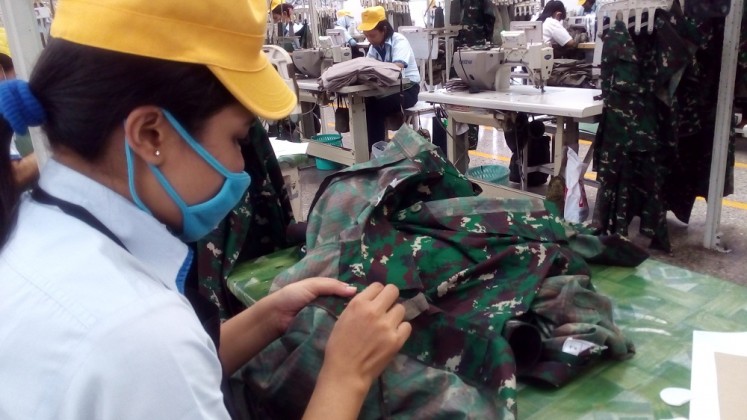Popular Reads
Top Results
Can't find what you're looking for?
View all search resultsPopular Reads
Top Results
Can't find what you're looking for?
View all search results[COMMENTARY] Tested pneumonia vaccine can save Indonesia’s healthcare system
Indonesia is among 15 countries with the highest number of under-5 pneumonia and diarrhea deaths, according to the Pneumonia and Diarrhea Progress Report 2020, which was recently released by the International Vaccine Access Center (IVAC) at the Johns Hopkins Bloomberg School of Public Health.
Change text size
Gift Premium Articles
to Anyone
T
he coronavirus pandemic has revealed how fragile the global health system is. Worse, the pandemic may threaten years of global progress against pneumonia and diarrhea – two of the most common causes of childhood deaths.
Vaccination, therefore, is something Indonesia can pursue to prevent child deaths and prepare for any outbreaks in the future. Countries worldwide are now competing to be the first to secure a coronavirus vaccine, and this means that health interventions, such as immunization, must be a priority.
Indonesia is among 15 countries with the highest number of under-5 pneumonia and diarrhea deaths, according to the Pneumonia and Diarrhea Progress Report 2020, which was recently released by the International Vaccine Access Center (IVAC) at the Johns Hopkins Bloomberg School of Public Health. The report tracks countries’ progress in preventing pneumonia and diarrhea deaths based on their performance across the Global Action Plan for the Prevention and Control of Pneumonia and Diarrhea (GAPPD) indicators.
Published by the World Health Organization and UNICEF in 2009 and 2013, the GAPPD calls for action toward achieving a global 75 percent reduction in the incidences of severe pneumonia and diarrhea in children under 5 by 2025. The GAPPD sets core interventions to successfully prevent, protect and treat children who are at risk of serious illness or death due to these two diseases.
According to the IVAC progress report, 1.24 million children under 5 died of pneumonia and diarrhea in 2017. Indonesia recorded 27,422 deaths, or 5.6 deaths per 1,000 live births, outranking all other Southeast Asian countries and China.
Indonesia has also been highlighted in the report for progress it made in procuring the pneumococcal conjugate vaccine (PCV13). Through a long and complicated process that required major ministerial engagement outside the health sector and higher levels of government, Indonesia managed to secure an agreement that grants it access to PCV13 through Gavi’s Advance Market Commitment (AMC) mechanism. Through this mechanism, Indonesia can get the vaccine for a quarter of the previous cost.
In its PCV roll-out plan, Indonesia aims to reach all 5 million babies born in the country each year by 2024.



